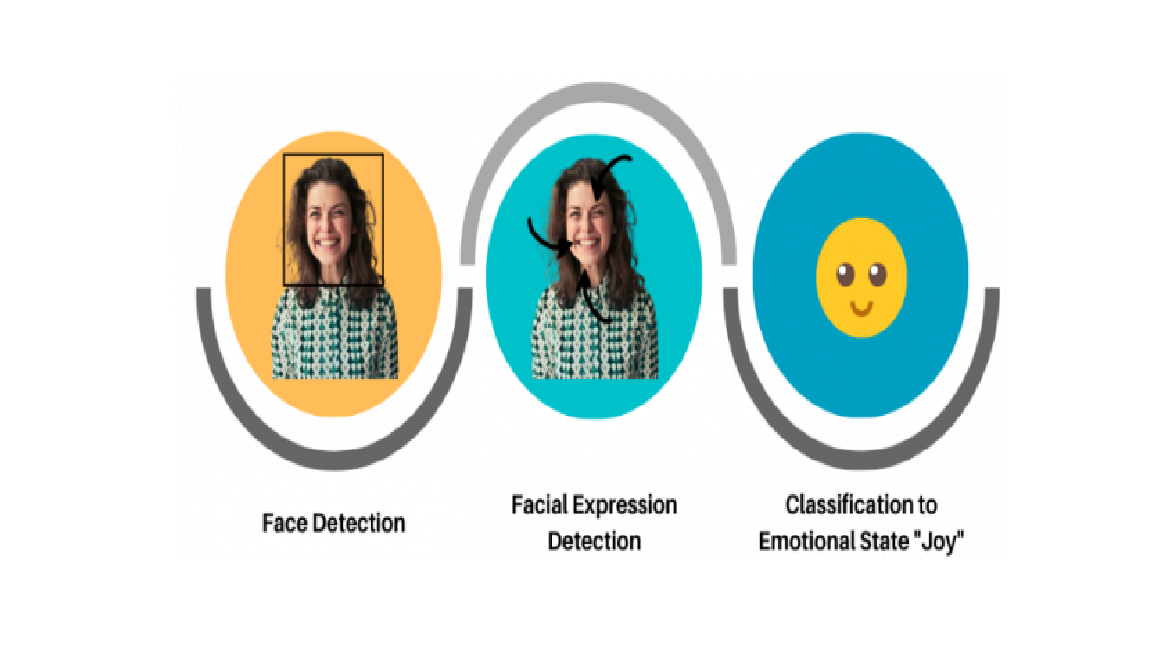Deep Learning Techniques for Facial Recognition and Emotion Detection
Main Article Content
Abstract
Deep Learning Techniques have revolutionized the field of facial recognition and emotion detection, offering unprecedented accuracy and robustness in analyzing facial expressions and inferring emotional states. This abstract delves into the application of Deep Learning for Facial Recognition and Emotion Detection, exploring its key methodologies, advancements, and real-world implications. The abstract begins by introducing the fundamental concepts of Deep Learning, emphasizing its capability to automatically learn complex patterns and features from raw input data. It then highlights the specific techniques used in facial recognition, including Convolutional Neural Networks (CNNs) and facial landmark detection, which enable precise identification and analysis of facial features. Furthermore, the abstract discusses the integration of Deep Learning with emotion detection algorithms, facilitating the automatic recognition and interpretation of emotional cues from facial expressions. Emotion detection models, such as Recurrent Neural Networks (RNNs) and Long Short-Term Memory (LSTM) networks, enable real-time analysis of facial expressions to infer underlying emotional states accurately. The abstract also examines the practical applications of Deep Learning in facial recognition and emotion detection across various domains, including surveillance, human-computer interaction, healthcare, and entertainment. Real-world case studies demonstrate the efficacy of Deep Learning techniques in enhancing security measures, improving user experience, and enabling personalized services based on emotional responses. Moreover, the abstract addresses the ethical considerations and privacy concerns associated with facial recognition and emotion detection technologies, emphasizing the importance of responsible deployment and adherence to privacy regulations. In conclusion, Deep Learning Techniques for Facial Recognition and Emotion Detection represent a powerful toolset for understanding human behavior and enhancing human-machine interactions. By leveraging Deep Learning advancements, researchers and practitioners can unlock new possibilities for applications in diverse domains while ensuring ethical and responsible use of facial recognition technologies.
